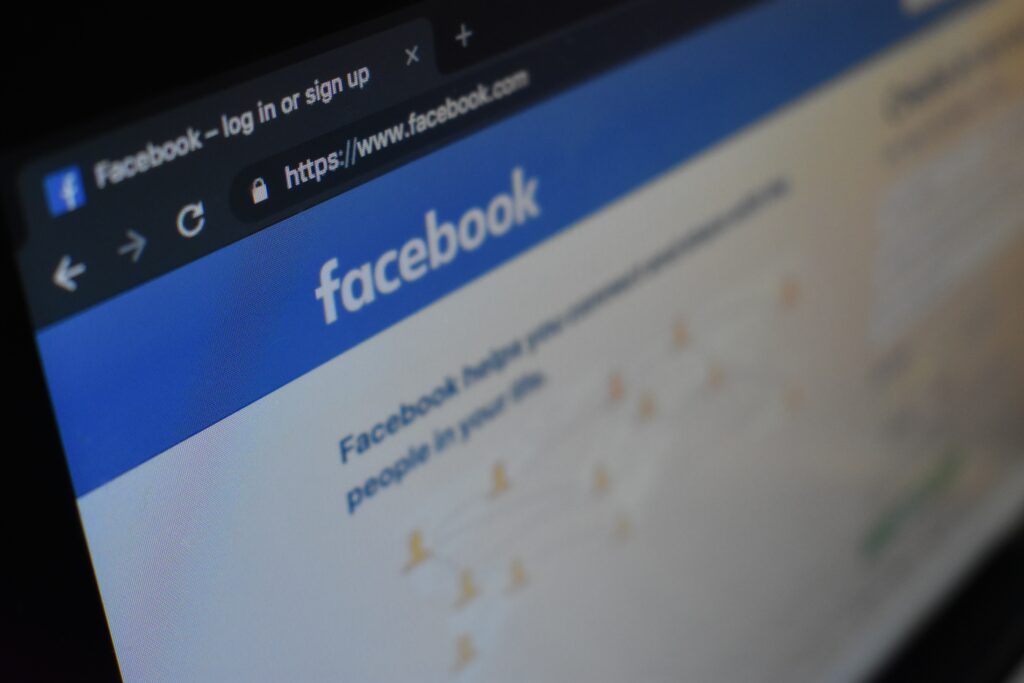
Since Facebook was founded in 2004, it has expanded to serve many purposes, whether that be to allow people to connect with one another, to sell items, or to centralize communication among organizations. During the process, the company also acquired companies such as Instagram, WhatsApp, and Oculus, and created extension services to meet consumers’ demands. While most of what Facebook has done has been well received from a convenience point-of-view, the question of how the freedom of speech can be applied to the social media platform has come to light in recent weeks.
On Thursday, October 17th, Mark Zuckerberg delivered a speech at Georgetown University in which he defended his company’s actions. He cited the Black Lives Matter movement as something that came about through Facebook, thus creating the impression that the social media platform has been – and can continue to be – used for social justice initiatives. Zuckerberg responded to further criticism that Facebook has been unable to restrict political ads by saying that it allows for people’s voices to be amplified.
Overall, Zuckerberg’s arguments were fair given the public pressure he was facing. However, it does bring to light the concern as to how little control there is over Facebook. Freedom of speech is something that should never be taken away as long as it only involves someone expressing their opinion, but there are a variety of security concerns that exist. Primarily, individuals can falsify their identity for monetary or social reasons. Additionally, where Zuckerberg’s intentions lies are uncertain. He may support groups fighting for causes, but it is also very likely that he simply wants to continue to expand his company for revenue.



